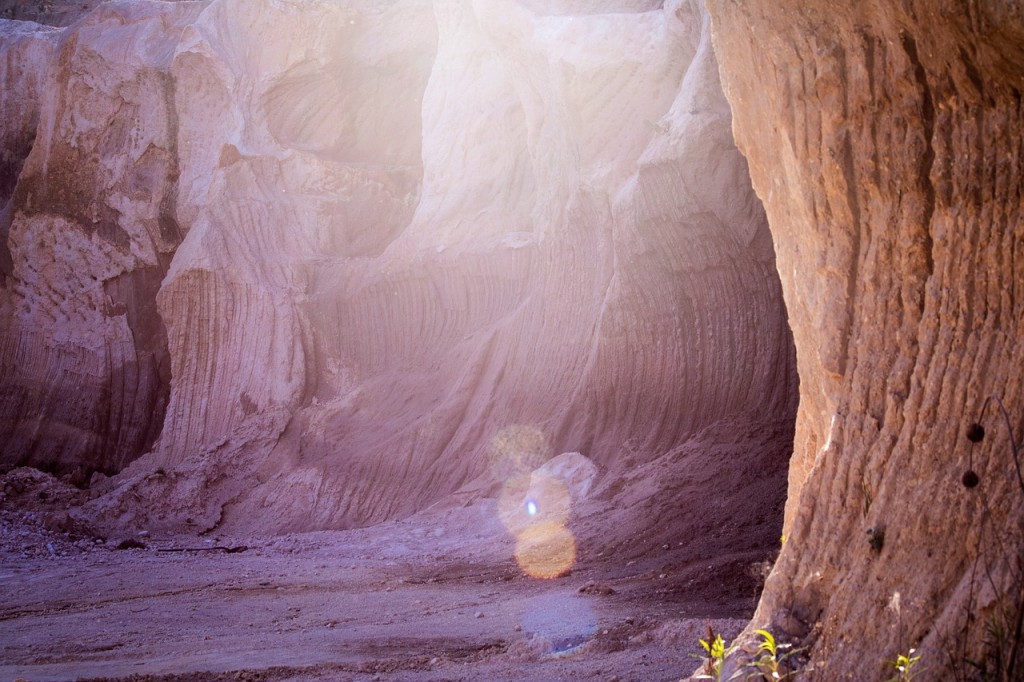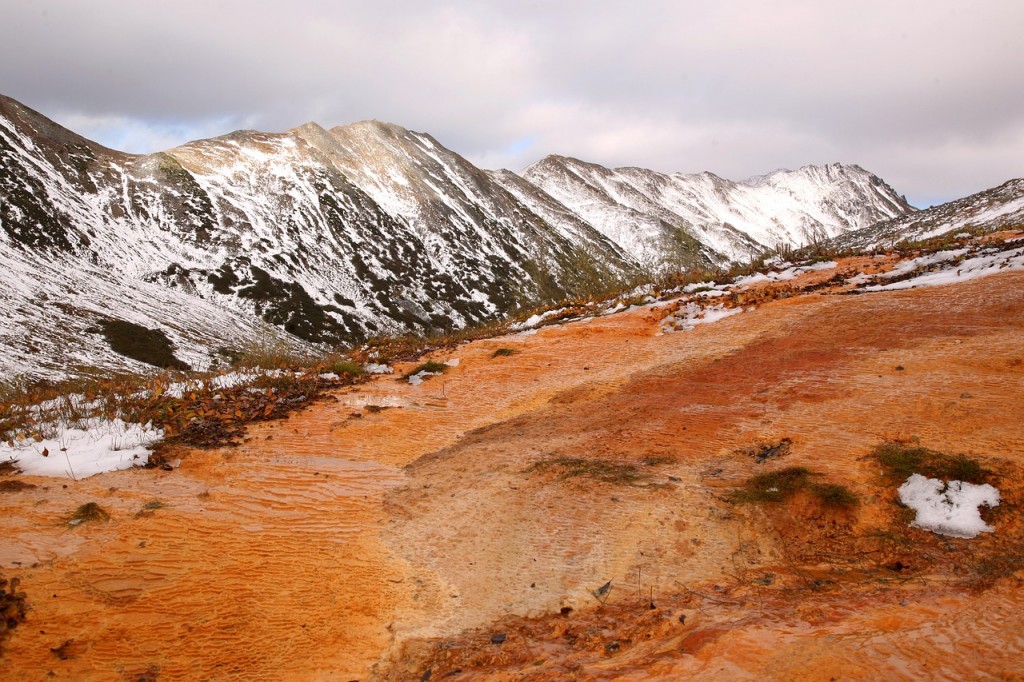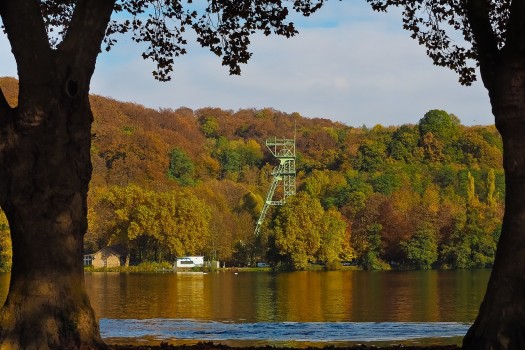Perhaps you’ve heard the word “Fracking” and were wondering what it means. It certainly seems like a hot topic in some circles, but why? I it some new and dangerous technology? Why should we care? Let’s take an honest look at fracking:

What Is Fracking
Hydraulic fracturing, commonly known in the layman’s world as “fracking,” is a technology principally used in oil and gas minerals exploration and production. It was first used as far back as the 1940’s but has become much more common with the advent of so-called “shale plays” in the 1990’s, where gas is discovered but is encased in rock that is difficult to produce from.
The process usually starts after “land-men” take over an area and persuade everyone into selling mineral rights or interests. Once the mineral rights are controlled, the fracking process begins when a well is drilled deep into the subsurface, generally 1 to 2 miles deep, and encounters a gas- or oil-bearing rock that is believed to contain economically viable oil or gas but is deemed too impermeable naturally to produce the hydrocarbon at a reasonable rate of flow. The decision is then made to “stimulate” or hydraulically frack the reservoir rock to increase its permeability, which will cause the hydrocarbon to come out of the rock more efficiently. The good bore is then encased in steel pipe cemented to the sides of the borehole to ensure that no fluids introduced into the well can invade the surrounding rock. Once that safety measure is taken, the actual fracking process begins.
After the well is cased off, fracking fluid, containing water often mixed with chemical additives and solid “propants”, is pumped down the well to the location of the hydrocarbon-bearing rock. The fracking fluid is raised to high pressure, up to 9,000 psi or more, which is usually sufficient to fracture the rock, creating numerous small cracks and fissures, which make it much easier for the hydrocarbon to flow out of the subsurface and be collected for human use.
How Safe is Fracking?
Fracking has become hotly debated in political and environmental arenas, despite the fact that it is already highly regulated by state and national regulatory agencies. Advocates of fracking, mainly those in the oil and gas industry as well as citizens concerned about America’s energy independence, argue that it a part of a safe and economical means to bring affordable energy to the domestic market. Critics claim it can pollute drinking water, pollute wetlands, create earthquakes, and contribute to greenhouse gas emissions. In some, but by no means all cases, these concerns have proven true.

Can It Affect Groundwater Resources?
The short answer is yes; fracking can affect groundwater. The next short add-on to the answer is that this does not appear to happen regularly. The EPA has recently released the findings of its assessment of the role of fracking in maintaining safe drinking water in the United States. As might be expected in any such study, certain combinations of activities and factors were more likely to result in adverse impact on water quality. As in many other human activities, such as driving a car or playing sports, a balanced approach is needed when assessing the value versus hazards of fracking.

